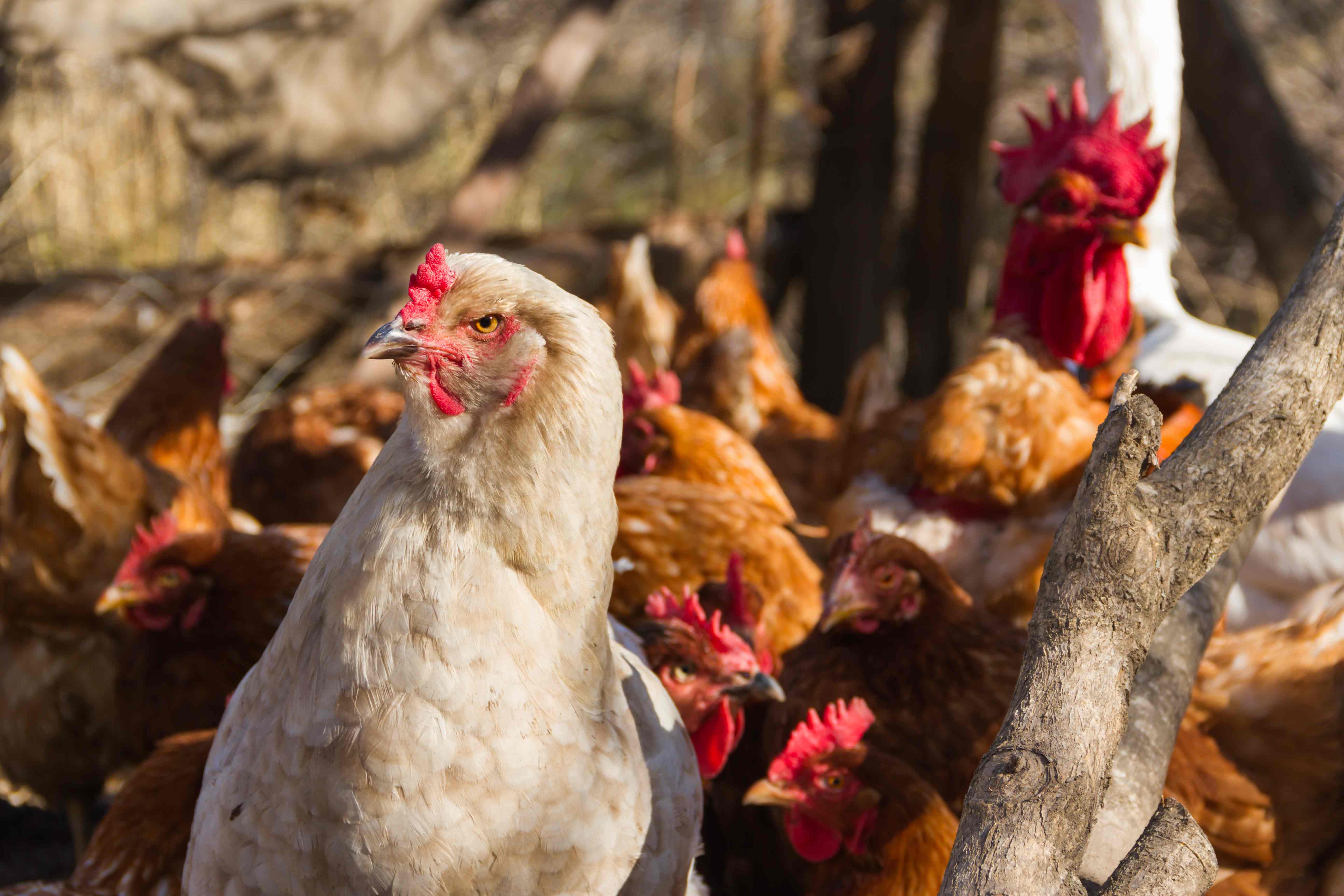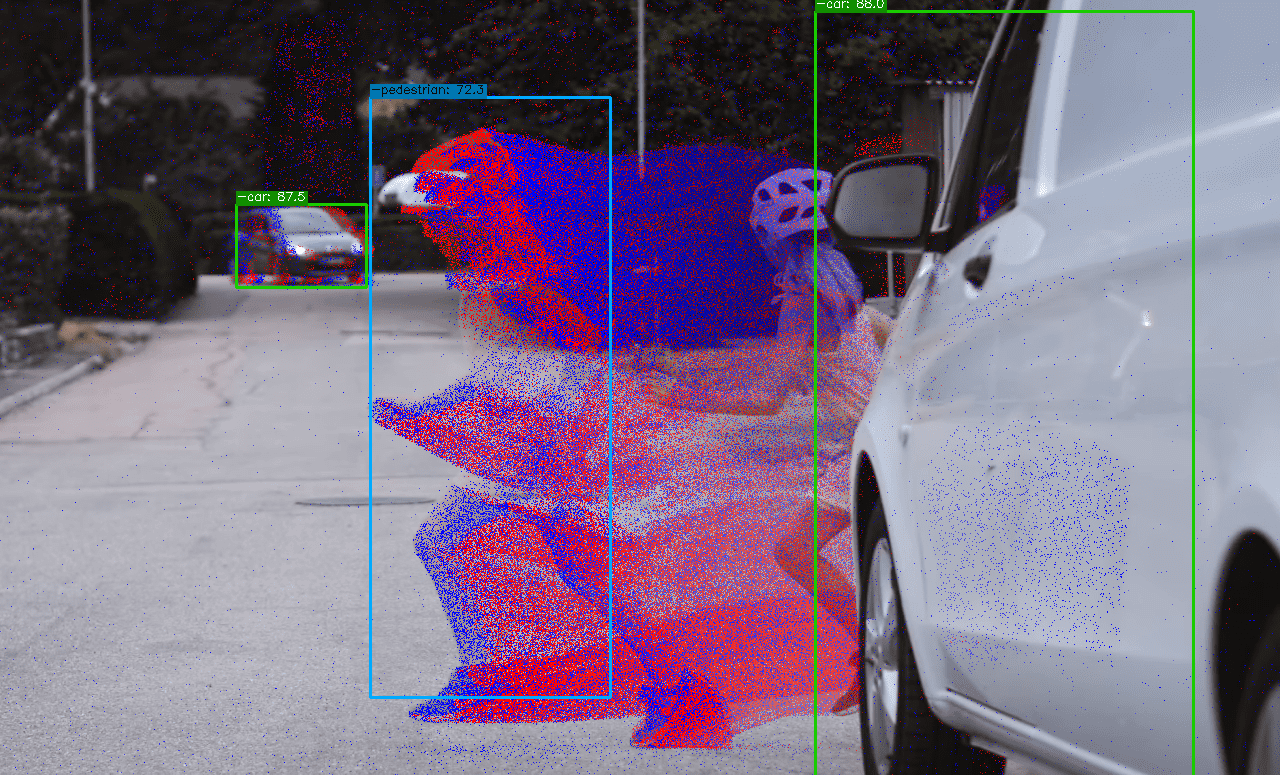Man infected with H5N2 avian influenza virus dies in Mexico
The World Health Organisation (WHO) has announced that a 59-year-old man infected with the H5N2 avian influenza virus died in Mexico on 24 April. This is the first confirmed human infection with the virus. The patient had multiple underlying medical conditions and had been bedridden for three weeks for other reasons before showing symptoms. The source of infection is unknown. The WHO assesses the risk to the general population as low.









